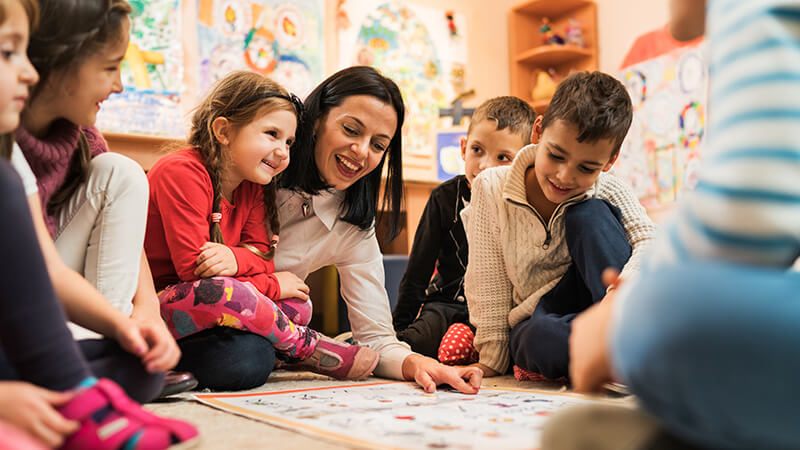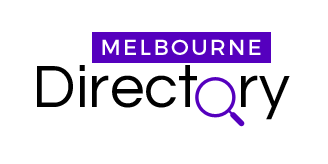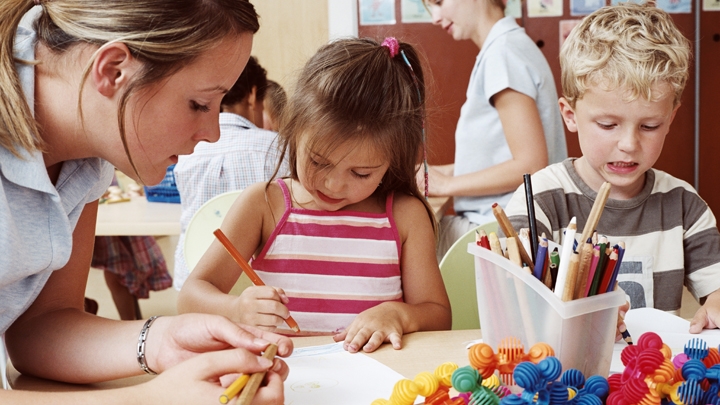
Why School Readiness Program Melbourne Vital?
Indubitably, the starting years of a child’s life are crucial in developing a foundation for long-term learning and success. Therefore, several parents are ‘impressed’ by the term ‘School Readiness Program Melbourne .’ They enthusiastically promote that their child preschool, family daycare, or child daycare centre provides a school readiness programme. While I am not opposed to the concept of such programmes, I am concerned about what they are.
What does it mean for a youngster to be school-ready? Numerous people believe that a kid can go to school when they can write their name, count to 20, read the alphabet, and tie their shoes. These are all valuable abilities, but they are not the base for great learning experiences in the classroom.
I want to propose a broader school readiness program Victoria, the more comprehensive word referred to as ‘Basics For Learning.’ Thus, we can support the important institutes for learning for all children, regardless of whether they will attend school the following year, and therefore provide a great learning experience that supports the development of skills and general growth.
Consider a kid who knows how to read the letters. What skills are they presenting by performing this? They have strong recall abilities since they have learned the order of the letters and names.
Focus on those kids who do not necessarily know how to pronounce the alphabet but likes looking at books and pretending to read a tale to themselves; who makes up meaningless words in rhymes and rhythms. They comprehend the function of written text and have a passion for the richness of storytelling and language. All of which are prerequisites for language and reading. What features would you want to see in a ‘School Readiness Program’?
Similarly, being able to tie one’s shoes does not indicate readiness for school. However, the capacity to care for oneself and be self-sufficient in day-to-day chores induces a sense of independence and accomplishment in a kid.
These abilities establish the basics for learning achievement and a sense of achievement, boosting a child’s motivation for further achievement and desire to be challenged and progress. I understand that the distinction might be delicate, but it can lead educators and parents to focus on task-oriented learning instead of broad life foundations.
Don’t be misled by the term “school readiness programme” if you see it advertised by an early childhood agency. Instead, examine what that programme entails and contribute to the overall foundations and desire for lifelong learning.



